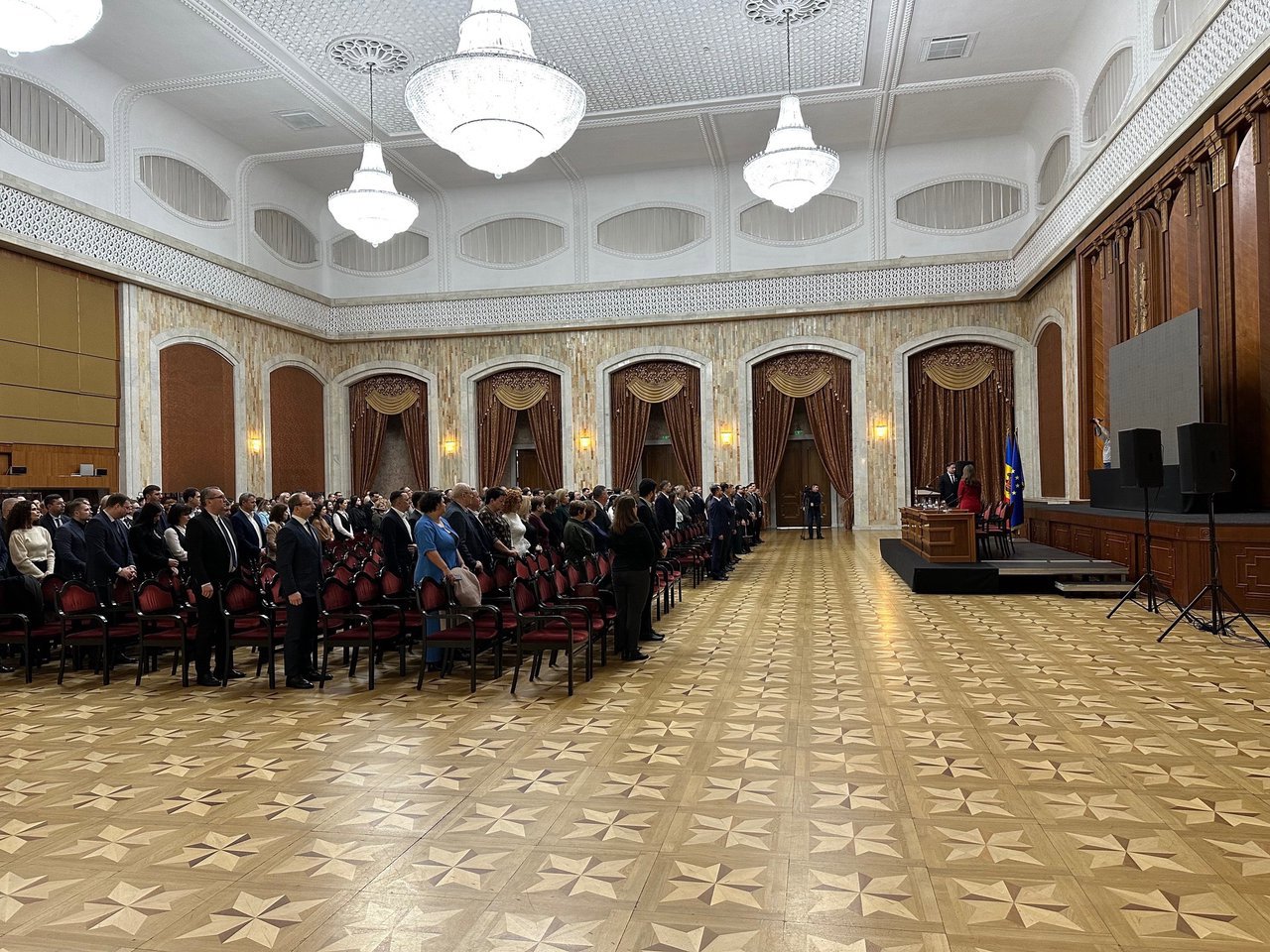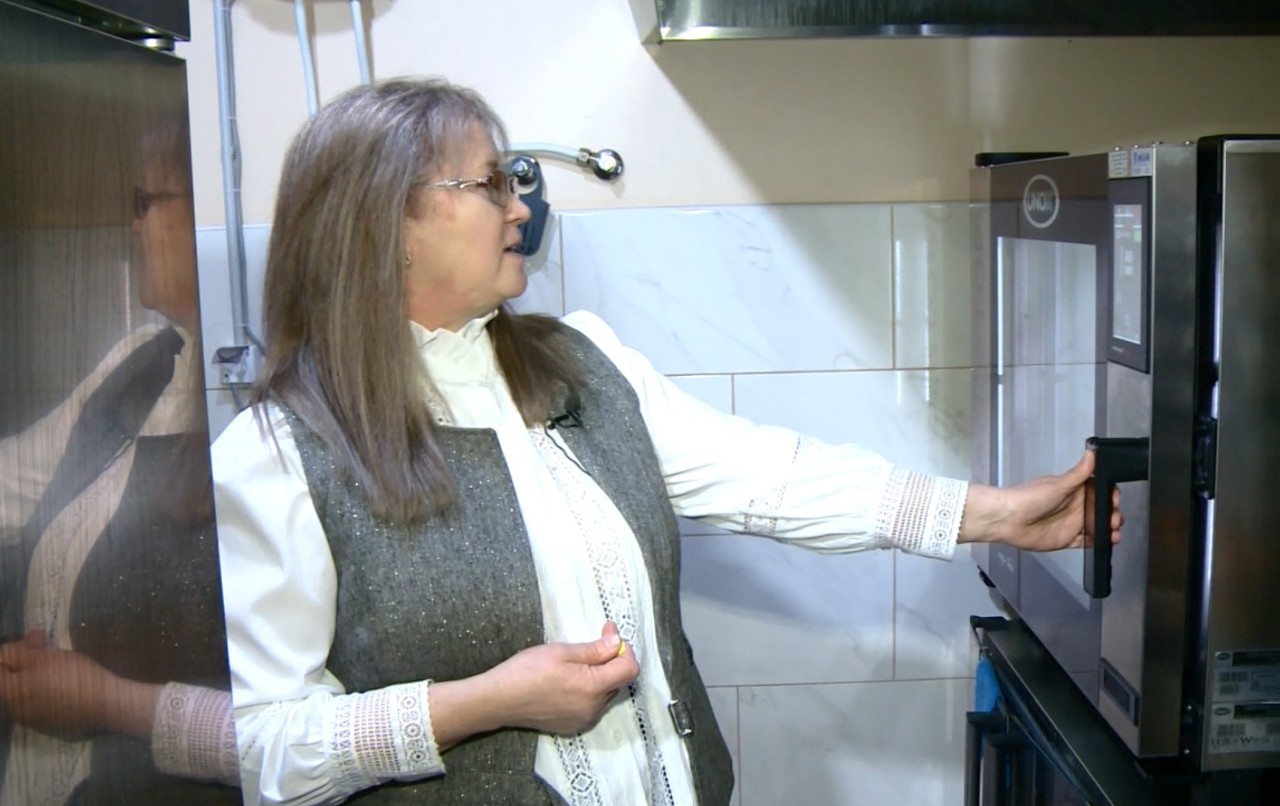Moldovan judges demand salary adjustments for independence
Moldovan judges are urging the Government and Parliament to respect Constitutional Court Decision No. 21 of 2022, which mandates annual salary adjustments for judges based on the national average wage.

This decision aims to safeguard judges' financial independence and ensure they are not subjected to external influence. During the General Assembly of Judges held on December 19, they called for a return to the previous system, where salaries were automatically adjusted in accordance with the national economic conditions, without discretionary interference from authorities.
The Court’s ruling specifies that judges’ salaries should be recalculated annually, at least in line with inflation, to reflect the country’s economic conditions. However, judges have emphasized that these provisions have not been respected, which undermines their financial independence and, by extension, their ability to perform their duties free from external pressure.
Judges have called for unity in defending their rights, stressing that judicial independence is crucial for protecting citizens’ rights and maintaining the rule of law. The Superior Council of Magistracy has been urged to initiate active dialogue with the authorities to find swift and effective solutions.
Additionally, judges invited civil society and professional organizations to support the rule of law and the protection of the judiciary, to ensure the balance of power within the state.
A decision on this matter was adopted with the majority vote of the General Assembly of Judges.
Present at the Assembly, Justice Minister Veronica Mihailov-Moraru highlighted several actions taken to improve the working conditions of judges and associated staff. These include:
Establishing a reference salary for judges who passed evaluations: Judges evaluated by the College for the Selection and Evaluation of Judges, who are not subject to external evaluation, will benefit from a reference salary of 4,300 lei, representing an approximate 50% increase.
Increasing the reference salary for judges not undergoing the evaluation process: The reference salary for these judges will rise from 2,850 lei to 3,000 lei, representing an approximate 5% increase.
Compensating transport and housing costs: Judges working in locations different from their place of residence will benefit from compensation for transportation costs or, where applicable, for housing expenses. The maximum compensation for transport will be 5,400 lei, while the maximum for housing will be 4,500 lei.
Agenda items included the nomination of members to the College for the Selection and Evaluation of Judges and the Disciplinary College.
The College for Selection and Evaluation is responsible for selecting candidates for judicial positions and assessing their performance. It will consist of nine members: three judges elected by the General Assembly, three judges appointed by the Superior Council of Magistracy, and four civil society representatives selected through a competition organized by the Council.
As for the Disciplinary College, it handles disciplinary cases involving judges, including those who have resigned, for actions committed during their judicial duties. The Disciplinary College will have seven members, with four being judges and three representing civil society.
Justice Minister Veronica Mihailov-Moraru stated that society relies on professional and courageous judges. “The government has always been attentive to their situation from a legislative standpoint, addressing aspects of social guarantees and salaries. However, it is crucial that judges be part of the reforms currently taking place in our society because their involvement is essential for our European integration. The Ministry of Justice is responsible for coordinating processes and implementing EU legal standards related to justice and fundamental rights, which are key elements of the country’s judicial system. These reforms are integral to the transformation of our society towards greater peace and democratic values,” the Justice Minister emphasized in her message to the General Assembly of Judges.
Translation by Iurie Tataru





